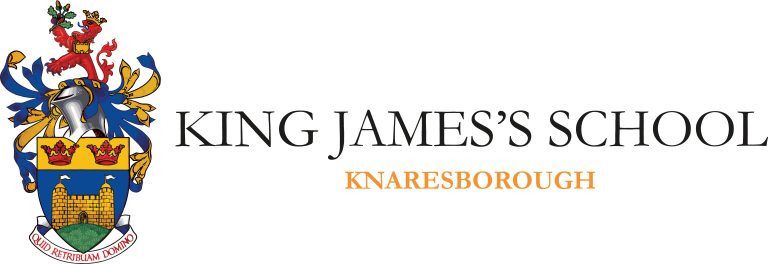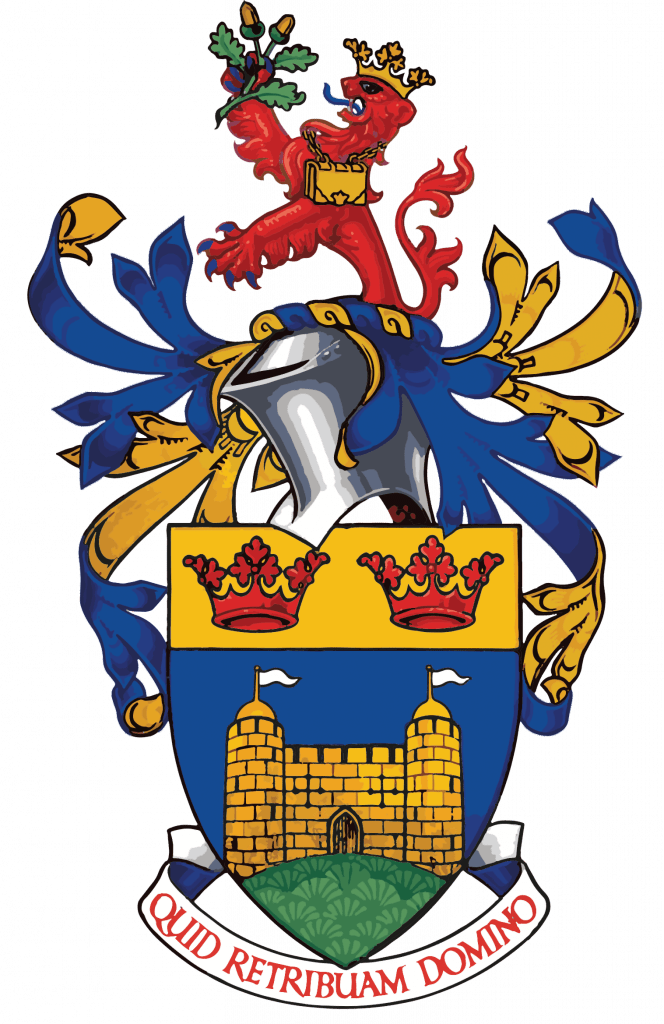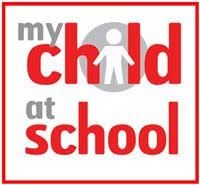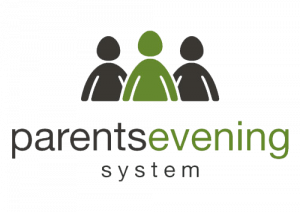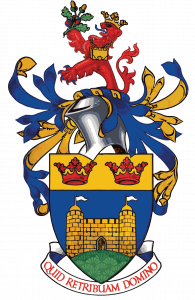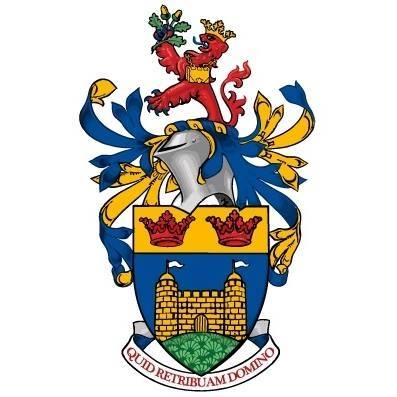Religious Studies & Philosophy
| Head of Department: | Miss E Stickland |
Throughout the school we seek to help students develop a sensitive, reflective and informed approach to the religious dimensions of life, and to instill a genuine, open-minded curiosity in the diversity of religious beliefs. There are many opportunities offered both inside and outside the classroom for students to see that Religious Studies matter.
Our Key Stage 3 course includes themes such as belief, theological and philosophical concepts of God, monotheism in Judaism, Christianity and Islam, Biblical and Qur’anic literacy, living the religious life; its beliefs and practices, polytheism and Dharmic faiths, philosophical questions about belief, science and religion, good and evil, human rights, and other moral, ethical, spiritual and cultural issues raised by religion. World religions are covered in varying depths. Progress is assessed by the school’s KS3 assessment policy and links to the local agreed syllabus guidelines. Great emphasis is given to substantive and disciplinary knowledge of faith and learning from the religions we study; questioning their impact in an historical and modern society.
At Key Stage 4 students may opt to take GCSE Ethics, Religion and Life. The students follow the Edexcel B Religious Studies: Beliefs in Action specification (9-1). The topics are studied from the viewpoint of Christianity and Islam and also a non-religious viewpoint. Students are encouraged to use logical reasoning in their answers and to build up an argument supported by evidence – whatever their personal view on the religious or moral issue. Students are also encouraged to express their own opinions and to look at ethical questions from both sides of an argument. The course explores a range of philosophical, ethical and moral issues and various ways of expressing the Christian and Muslim faith.
At Key Stage 5 students may opt to take A Level Philosophy and Ethics. The students follow the Edexcel A Level Religious Studies specification. Students will explore key themes in philosophy and religion such as philosophical issues and questions; the nature and influence of religious experience; problems of evil and suffering; religious language; works of key philosophers and scholars; influences of developments in religious belief and key themes in religious ethics such as significant concepts in issues or debates in religious ethics; a study of three ethical theories; application of ethical theories to issues of importance; ethical language; deontology, virtue ethics and the works of philosophers and scholars; medical ethics: beginning and end of life issues. Students will also study the philosophical and theological issues of Christianity. The department is well-resourced, and the staff have a wealth of experience, expertise, commitment and enthusiasm. Guest speakers and visits to various religious communities provide students with a wider experience and perspective.
